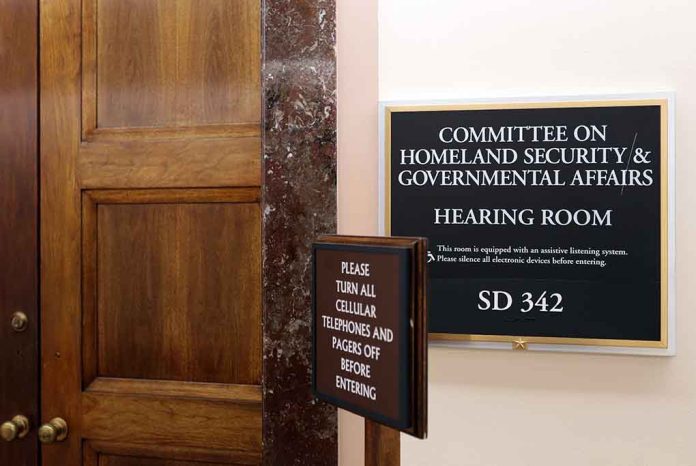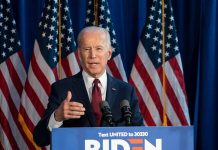
(NewsInsights.org) – House Republicans impeached Department of Homeland Security (DHS) Secretary Alejandro Mayorkas in February over his failure to secure the southern border. On April 30, Rep. Mark Green (R-TN), the House Homeland Security Committee (HHSC) chair, released subpoenaed documents that he claimed supported allegations that Mayorkas has hidden “the worsening border crisis from the American people,” including a queue of more than 1.6 million aliens seeking admission to the US through the Biden administration’s parole program for Cubans, Haitians, Nicaraguans and Venezuelans (CHNV).
The program allows the DHS to evaluate and vet up to 30,000 noncitizens each month and authorize them to travel to the US at their own expense. Since the program’s expansion in January 2023, DHS and Customs and Border Protection have authorized the lawful arrival to the US of 404,000 Haitians, Cubans, Venezuelans, and Nicaraguans via commercial flights for a temporary two-year parole period.
#ICYMI: @HomelandGOP obtained through a subpoena DHS documents that identified over 50 airport locations, including our nation’s capital, used by DHS to help process into the country more than 400,000 inadmissible aliens through the admin’s unlawful CHNV mass-parole program. https://t.co/uuKYsV4y7m
— Rep. Mark Green (@RepMarkGreen) May 1, 2024
Green’s committee asked for and then subpoenaed specific demographic information showing which airports DHS had used for the program.
- Miami came in first, receiving 91,821 migrants
- Ft. Lauderdale ranked second, with 60,461 program participants flying in
- Orlando had the fifth-highest number of CHNV parolees, with 6,043
- Tampa saw 3,237 immigrants from the program, making it seventh on the list
New York City ranked third, with 14,827 parolees. Houston and Dallas, Texas, fell fourth and eighth on the list with 7,923 and 2,256 program participants, respectively. In all, the program utilized 55 different airports throughout the nation.
Yet, Green also revealed that the DHS has more than 1.6 million more hopeful CHNV program participants who have completed their documents and exist in a pipeline, waiting for the US government to authorize them to travel to the US as part of the parole program.
At the end of the two-year parole period, the US Customs and Immigration Service tells program participants they might continue in lawful immigration pathways that could include parole extension, visas, asylum, or temporary protected status.
Green has called Mayorkas’s inappropriate use of the CHNV program a violation of the Immigration and Nationality Act and further proof of his high crimes and misdemeanors against the American people.
Copyright 2024, NewsInsights.org

















